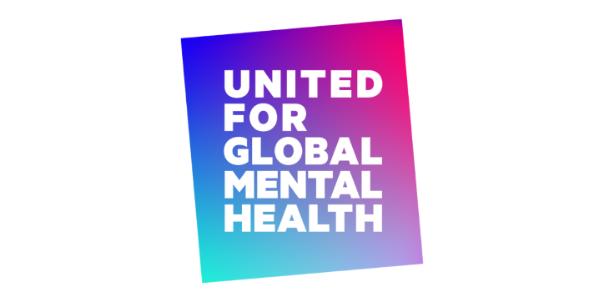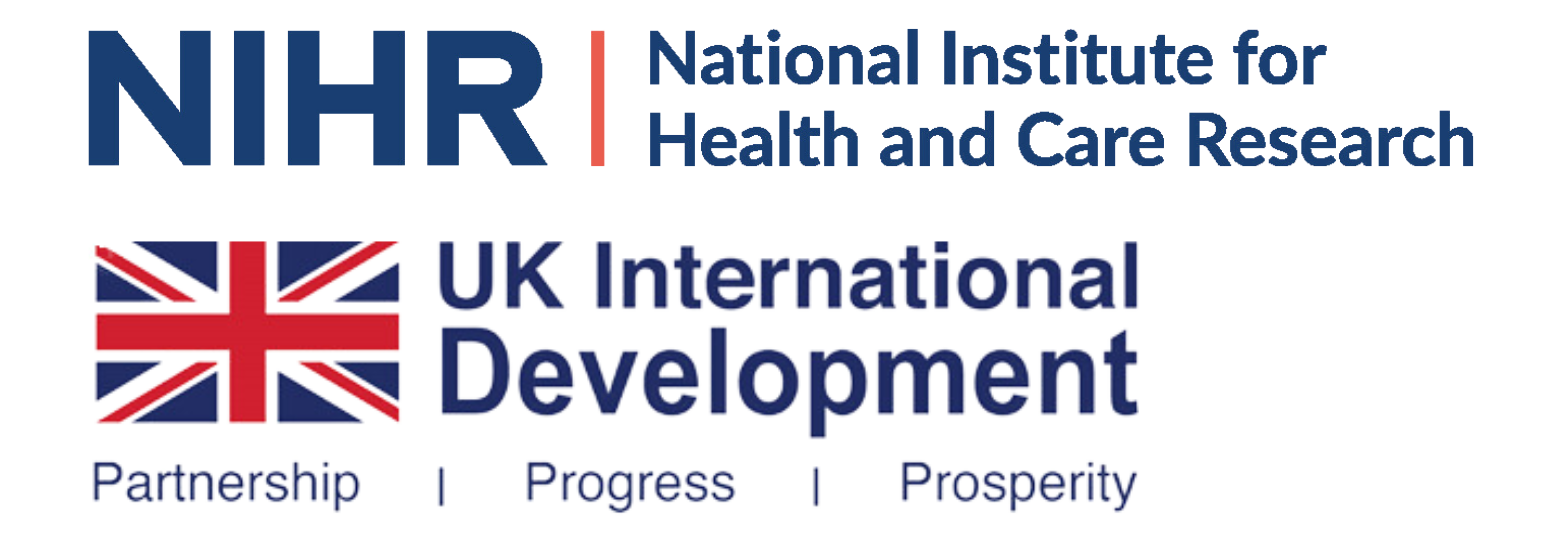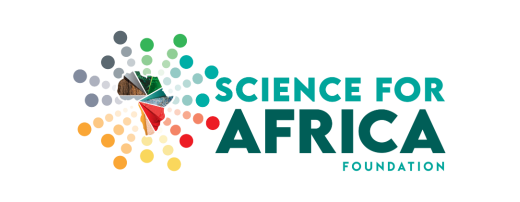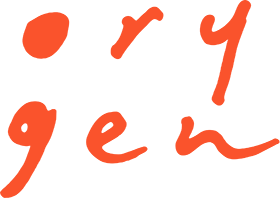Last month, Erica Zissis, Program Operations Associate at Grand Challenges Canada, attended the YMCA World Accelerator Summit in Mombasa, Kenya. This event brought together global stakeholders to share knowledge and inspire action on youth empowerment and community wellbeing. Her experiences at the summit centred around several key discussions, particularly on the role of relational well-being in fostering mental health and the importance of meaningful employment for youth.
Four Key takeaways from Erica Zissis, Program Operations Associate, Grand Challenges Canada:
1. Fostering Relational Wellbeing: Strengthening Mental Health for Youth Empowerment with Grand Challenges Canada
A significant highlight of the event was the Fostering Relational Wellbeing Workshop. Led by Shreya Jha of the Relational Wellbeing Collaborative, with contributions from Byron Bitanihirwe from the Science for Africa Foundation, I participated in the workshop Fostering Relational Wellbeing, which focused on applying the relational wellbeing model in practice when designing youth-focused programs and interventions.
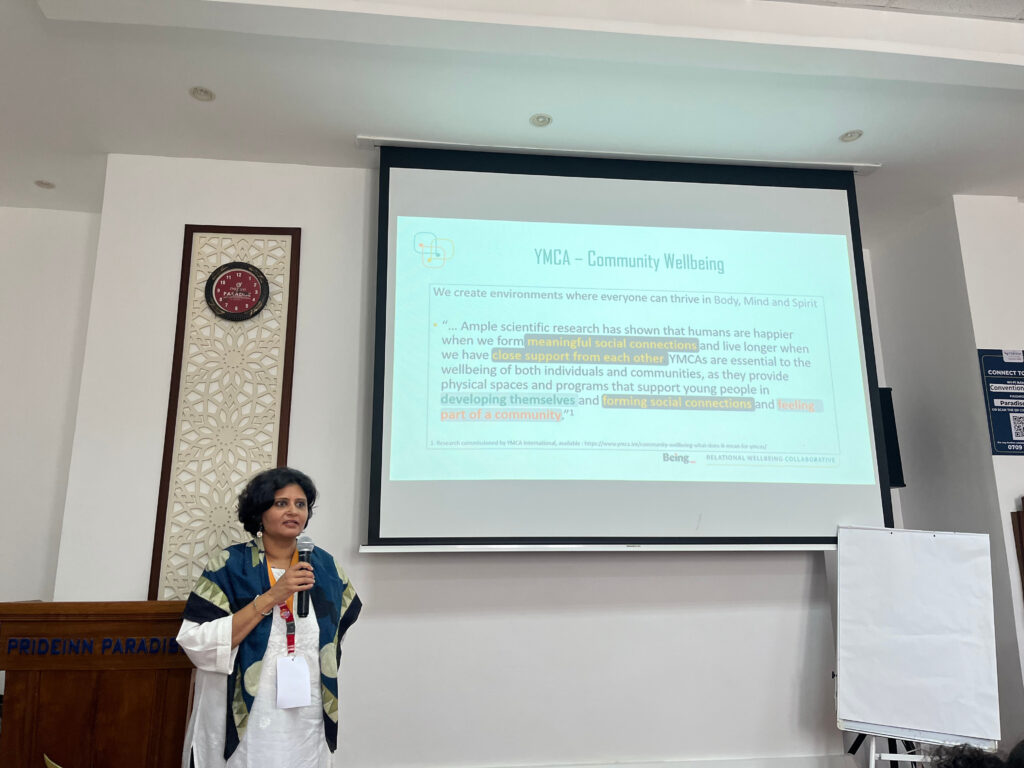
Panel and group discussions during the event focused on the role of connections, relationships, and communities in fostering wellbeing and the importance of the domino effect of youth empowerment.
One powerful takeaway was how YMCA programming, such as camps, can offer youth meaningful connections with peers and mentors, forming the foundation for stronger communities. Atara Shiba of YMCA USA spoke about the power of YMCA programs in giving youth a sense of control over their lives. “YMCA Programs can provide more control for teens in their lives,” she explained. “With this control, they feel empowered to make choices in their life that have positive impacts.” She emphasized that during difficult times, young people must know there is always a safe place to turn to—where they can feel supported.
2. Community Wellbeing Panel
I also joined an inspiring Community Wellbeing panel alongside moderator Shreya Jha, Frida Bramskog from YMCA Central Sweden, and Oriana Ortiz Parrao, Being Youth Advisor and Opportunity Activator from the Latin American and Caribbean YMCA. Our discussions emphasized the importance of relational wellbeing, a core approach in the work of the Being Initiative.
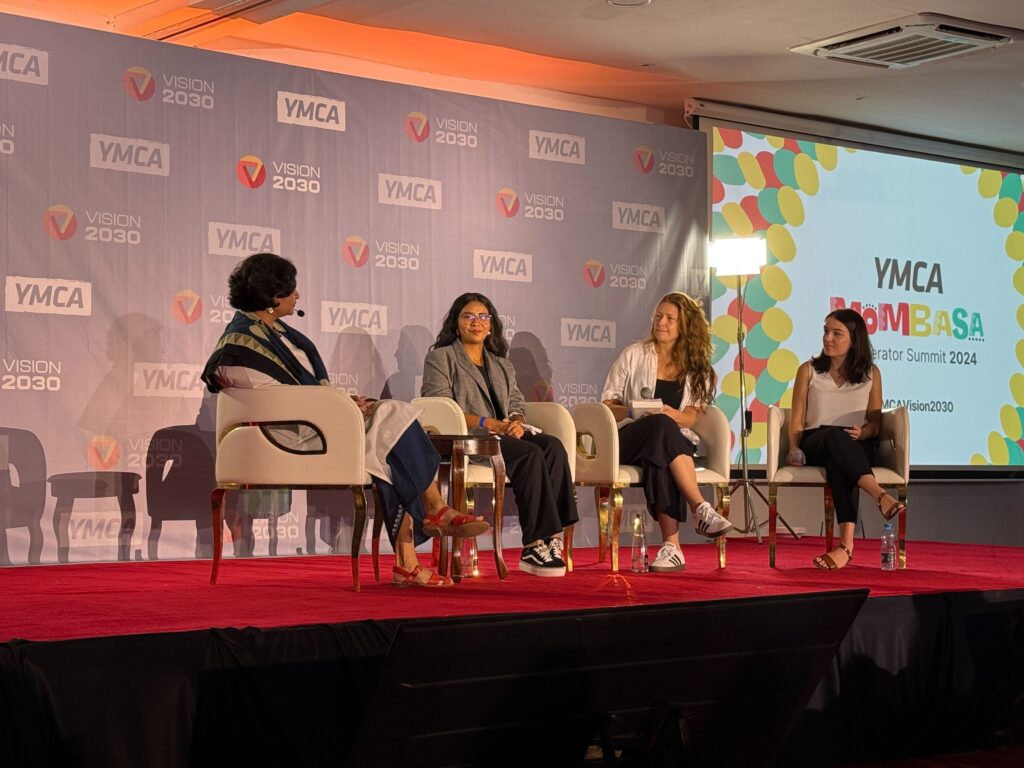
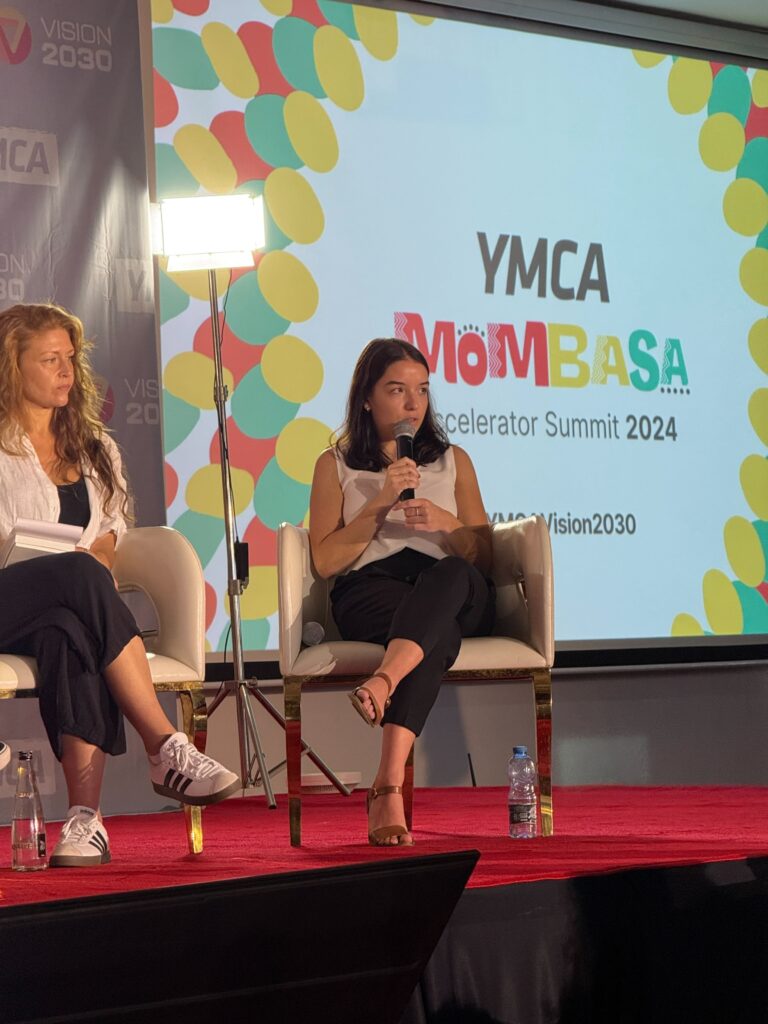
Oriana highlighted that community wellbeing is about recognizing every individual as part of a greater whole—whether in their immediate community or broader societal structures. She emphasized that we all can drive positive change through connection and collaboration.
This panel was closely tied to Being’s mission, bringing community wellbeing to the forefront by examining how individuals’ unique environments and experiences shape their mental health. Being’s work is informed by landscape analyses, which identify the primary mental health drivers in each priority country, allowing for more targeted, relevant interventions.
By focusing on relational wellbeing, Being ensures that youth are supported in their mental health journeys and equipped to foster connections and resilience in their communities.
3. The Importance of Meaningful Work and Employment for Youth
The summit also highlighted the pressing need for youth to have access to skills training and be connected to meaningful employment opportunities. One of the key themes I heard throughout the week was how empowering youth through meaningful work goes beyond offering certificates or skills—it’s about ensuring that these young people are connected to opportunities that allow them to thrive. This idea resonated particularly well during my visit to the Swahilipot Hub, a leading innovation and technology centre dedicated to nurturing creativity, entrepreneurship, and tech skills among young people. The Swahili Pot Hub showed how programs designed around market research and local employment trends help young people gain better access to employment opportunities that align with current job market needs.
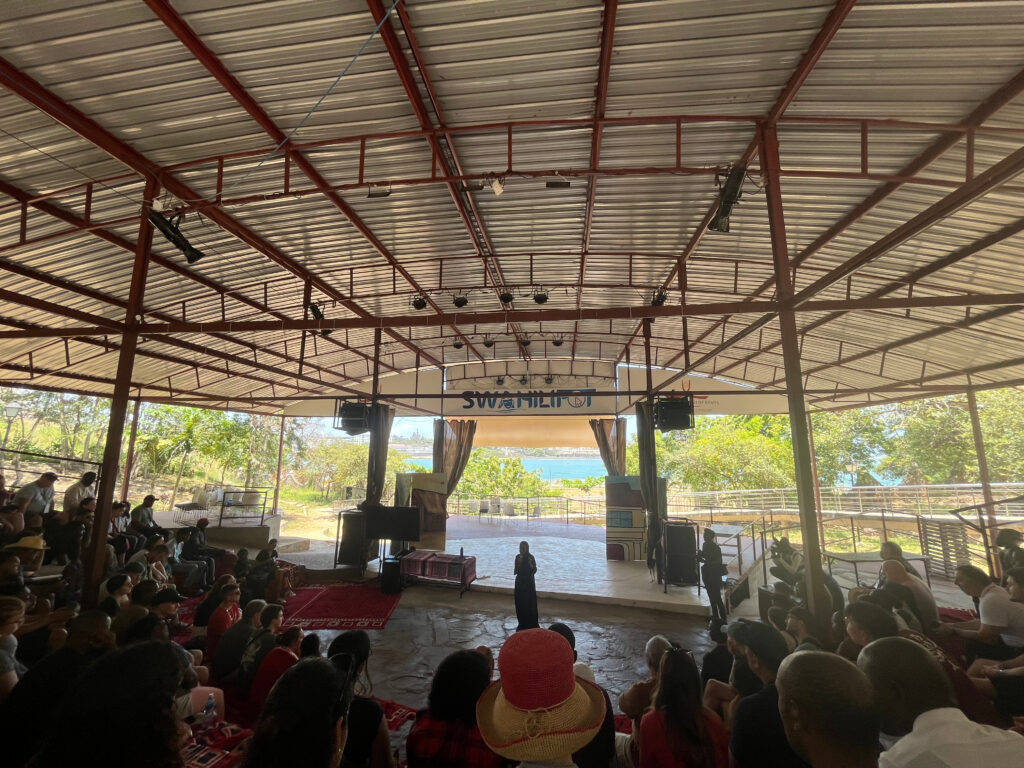
4. The Power of Mentorship
Throughout the summit, an additional theme that stood out to me was the importance of mentorship in youth development. Mentorship helps young people build networks, gain career insights, and connect to communities that can offer guidance and support. It plays a crucial role in shaping youth wellbeing and providing them with the tools to succeed personally and professionally.
Youth Empowerment – Takeaways from Dr. Byron Bitanihirwe, Programme Manager, Science for Africa Foundation
For our partner, Dr. Byron Bitanihirwe from the Science for Africa Foundation, the summit surfaced the need to think about what youth empowerment looks like regarding community wellbeingvia societal norms. For instance, tackling issues that continue to impact young people’s mental wellbeing via more effective dialogue relating to the stigma associated with mental illness.
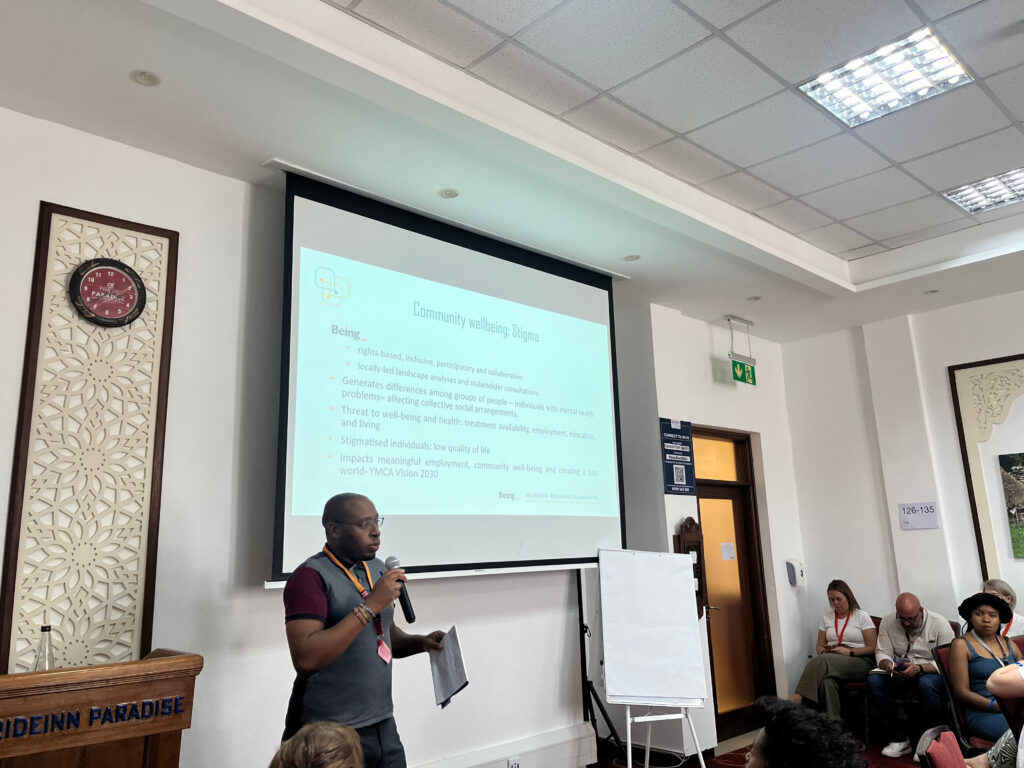
Another critical reflection from Dr. Byron includes the role of youth in Africa’s growing housing needs. A key takeaway was the increasing evidence that young people are essential players in innovating sustainable housing solutions, mainly through technical and vocational education and training programs. These programs equip youth with the skills needed to address housing challenges, offering them pathways to meaningful work while contributing to broader societal goals.
Moving Forward
The World YMCA Accelerator Summit was a powerful reminder of the transformative potential of youth empowerment when it is underpinned by relational wellbeing and meaningful opportunities for work and personal growth. The event reaffirmed the importance of creating connections, building communities, and investing in programs that teach skills and provide pathways to real-world success.
As we continue to work towards youth mental health solutions, these key takeaways—from strengthening relational wellbeing to ensuring employment opportunities—will inform the way we design and implement youth-centered programs and interventions in the years to come.
By continuing to foster environments that empower youth, we are setting the stage for a future where young people have the tools, support, and opportunities they need to thrive.



